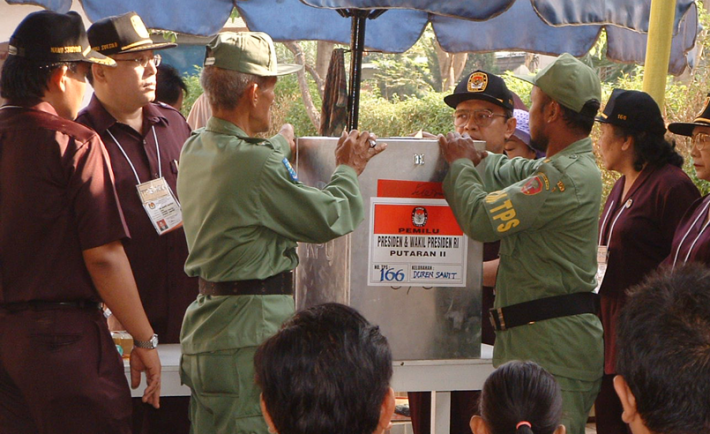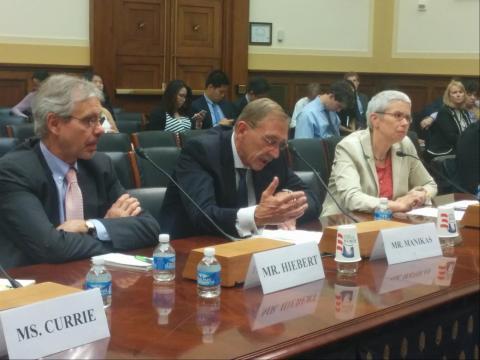Editor’s Note: In congressional testimony on June 11, Peter Manikas provided an overview of recent political developments in Hong Kong, Myanmar/Burma and Thailand.
No single trend -- neither retreat nor revival -- defines the direction of democracy in Asia. We recently have seen a military coup, followed by a ban on political activity in Thailand; in Hong Kong, the government in Beijing has remained intransigent, insisting on its version of universal suffrage; and in Burma, progress toward political reform seems to have stalled as critical elections approach, although constitutional reform remains a possibility.
However, a more positive and potentially longer-term trend has seen citizens demand more open and competitive political systems in countries such as Cambodia, Malaysia and Singapore. Recent elections in these countries saw entrenched ruling parties face significant challenges by reinvigorated opposition parties. And in Indonesia, there was a historic change in leadership that could deepen the nation’s regional influence as a model for democracy. In demographic terms, urbanization, the existence of a youth bulge and the rapid growth of social media will likely increase demands for greater democratic accountability.
One important challenge that has emerged is the restrictions being placed on the activities of civil society organizations. In Cambodia, a new election law limits the ability of election monitoring groups to criticize the government during the election period, and a proposed law that would deny registration to organizations that would harm “national unity, culture and the traditions of Cambodia” is currently under consideration. In mainland China, a proposed law would limit the ability of local groups to receive foreign funding and would place the regulation of foreign nongovernmental organizations (NGOs) under the Ministry of State Security.
In Burma, many NGOs are unsure of their legal status and uncertain of what activities they can engage in without violating the law. In Hong Kong and Malaysia, civil society groups are being intimidated and accused of promoting “American values.” Some international groups that work in the areas of human rights and democracy have been accused of exporting an American model of democracy, though I am not sure why it is referred to as an American model. The people of Indonesia, Japan, Mongolia, the Philippines, South Korea and Taiwan have embraced democratic governance and demonstrated that democracy is fully compatible with Asian values.
The response of the international community to the changes that are occurring should be persistent engagement to support democratic reforms and to assist those who are advancing the democratic process. The international community should continue its efforts to support reformers -- both inside and outside of government -- in pursuing the goals and aspirations of people throughout the region who are seeking to improve their lives by improving their governance.


